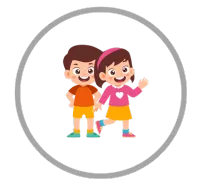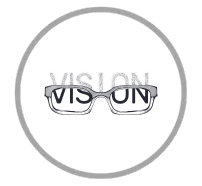Myopia Control
Ortho-K and Atropine Dual Therapy
FSDAVCFEBFEVSDDVFSD
FSDAVCFEBFEVSDDVFSD
FSDAVCFEBFEVSDDVFSD
Why Myopia Needs Attention
Children with myopia often face more than just blurry distance vision. Progressive nearsightedness increases the risk of serious eye conditions like retinal detachment and glaucoma later in life. Early intervention is crucial, and families seeking effective care often turn to trusted options for myopia control Houston.
Orthokeratology and atropine eye drops are two established treatments that work independently to slow myopia progression. Recent research shows that combining these therapies can offer even stronger protection. Understanding how these methods complement each other helps parents make informed decisions. For personalized care and expert support in myopia control Houston, Kleinwood Vision provides solutions tailored to each child’s needs.
Children with myopia often face more than just blurry distance vision. Progressive nearsightedness increases the risk of serious eye conditions like retinal detachment and glaucoma later in life. Early intervention is crucial, and families seeking effective care often turn to trusted options for myopia control Houston.
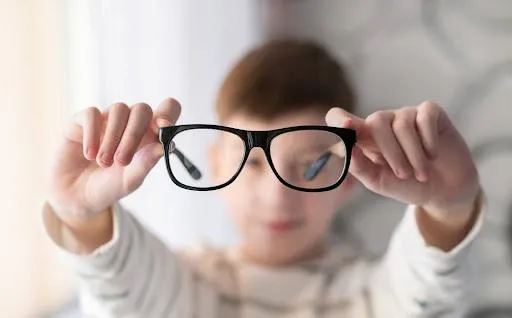
Orthokeratology and atropine eye drops are two established treatments that work independently to slow myopia progression. Recent research shows that combining these therapies can offer even stronger protection. Understanding how these methods complement each other helps parents make informed decisions. For personalized care and expert support in myopia control Houston, Kleinwood Vision provides solutions tailored to each child’s needs.

Understanding Each Myopia Control Treatment
Orthokeratology (Ortho-K) uses specially designed contact lenses worn overnight to gently reshape the cornea. By morning, the lenses are removed, providing clear vision throughout the day without the need for glasses or daytime contacts. This treatment offers daily convenience and, more importantly, works to slow the growth of the eye, which helps manage myopia progression. Families interested in this option often search for orthokeratology Houston to find trusted providers offering this advanced solution.
Atropine, in contrast, is a medicated eye drop applied before bedtime in very low concentrations. Unlike Ortho-K, its purpose is not immediate vision correction but to slow the biological process that leads to the elongation of the eye. This elongation is a key cause of worsening myopia. Atropine drops are considered safe for long-term use and are generally well tolerated by children.
When used together, Ortho-K and atropine offer a dual approach to myopia control by addressing different causes of progression. Ortho-K provides optical correction by reshaping the cornea, while atropine influences the biochemical signals responsible for eye growth. This combination therapy gives families a stronger defense against worsening vision, especially when managed by experts in orthokeratology Houston.
The Power of Combination Therapy
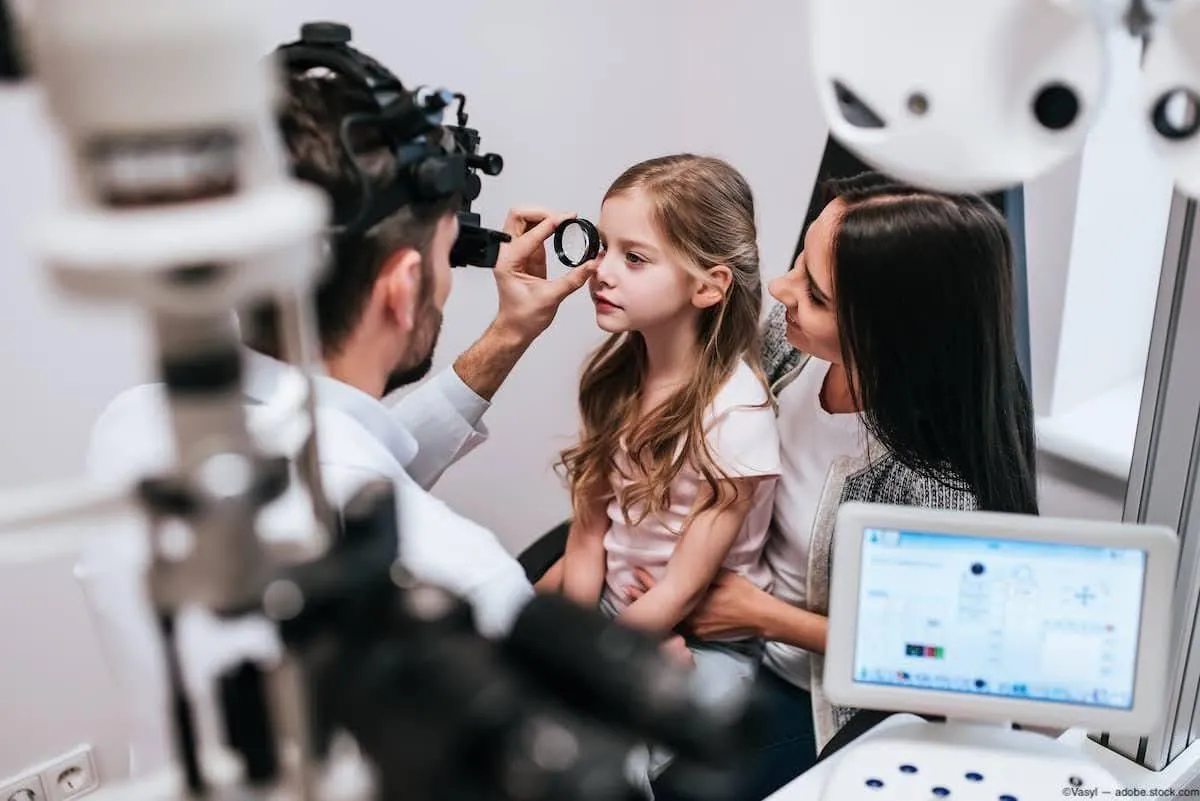
For children whose myopia progresses rapidly, a dual approach may offer the best chance of slowing its advancement. Studies suggest that combining Ortho-K lenses with low-dose atropine drops provides greater effectiveness than using either treatment alone. This combination targets both the structural and biological causes of eye elongation, helping to better manage long-term vision health. Families looking for stronger solutions often turn to trusted providers for expert myopia control guidance.
Parents often find reassurance in knowing that their child benefits from two proven defenses working in harmony. While ongoing research continues to refine these strategies, current clinical results are promising.

This success encourages eye doctors to recommend combination therapy, especially for children at higher risk of severe myopia. When managed by experienced professionals, this approach offers a safe, proactive way to protect vision—especially with support from specialists in orthokeratology and atropine treatment.
Families should also understand that every child’s response to myopia control is unique. While treatments like orthokeratology and atropine eye drops are highly effective, regular monitoring is essential to ensure the chosen method remains safe and continues to work as intended. Factors such as age, rate of myopia progression, and individual eye health can influence how well a child responds. Follow-up appointments allow eye care professionals to make timely adjustments, whether that means changing lens parameters or modifying the dosage of atropine.
This personalized approach is especially important for those using a combination of Ortho-K and atropine. By carefully tracking progress, doctors can fine-tune each component to match the child’s evolving vision needs. Consistent care helps minimize risks and supports long-term success. Families seeking expert myopia control Houston solutions can rely on practices like Kleinwood Vision for comprehensive guidance. Ongoing support ensures children receive the most effective and safest treatment for preserving their vision.
Who Benefits the Most from Treatment
Children with fast-progressing myopia, a strong family history of nearsightedness, or early onset are often the best candidates for myopia control. These children have a higher risk of developing severe myopia, which can lead to serious eye health issues later in life. Early and aggressive management is crucial to slow progression and protect their vision.
While some children may respond well to a single treatment, combining therapies like Ortho-K and atropine can provide a more comprehensive approach. This dual strategy addresses different factors contributing to myopia progression, offering better protection. Parents should consult with an experienced optometrist who specializes in myopia control Houston to develop a personalized treatment plan. Tailored care ensures effective management, helping children maintain healthier vision as they grow. Regular monitoring and adjustments keep the treatment safe and effective for long-term eye health.
Ensuring Safety and Maximizing Effectiveness
Both Ortho-K and atropine are safe when properly prescribed and monitored. Ortho-K requires strict lens hygiene and regular follow-up appointments to avoid complications such as infections or discomfort. Maintaining these practices is essential for effective treatment and eye health.
Low-dose atropine drops are well tolerated, with minimal side effects like mild light sensitivity that can be easily managed. This makes atropine a reliable choice for myopia control in children.
Both Ortho-K and atropine are safe when properly prescribed and monitored. Ortho-K requires strict lens hygiene and regular follow-up appointments to avoid complications such as infections or discomfort. Maintaining these practices is essential for effective treatment and eye health.
Low-dose atropine drops are well tolerated, with minimal side effects like mild light sensitivity that can be easily managed. This makes atropine a reliable choice for myopia control in children.
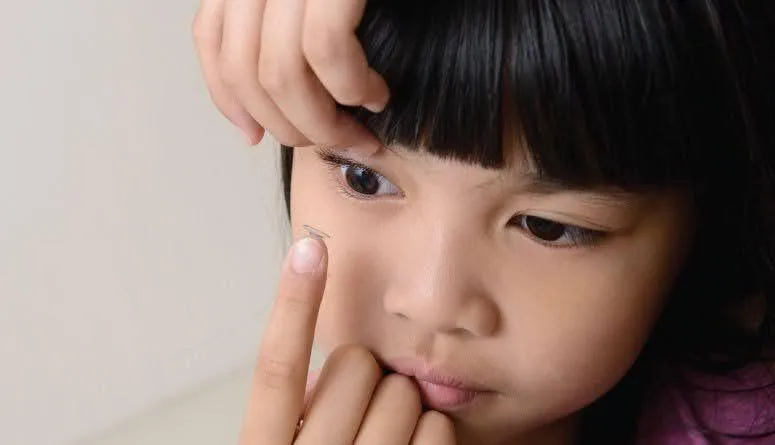

At Kleinwood Vision, patient safety is a top priority. Our experienced optometrists provide ongoing monitoring to ensure treatments work as intended and adjust care plans if necessary. We also offer thorough education on correct usage and remain available to address any concerns, helping families maintain optimal eye health and achieve successful myopia management outcomes.
Kleinwood Vision’s Personalized Patient Care
At Kleinwood Vision, we pride ourselves on staying at the forefront of myopia management by offering personalized care plans tailored specifically to each child’s needs. Our experienced team carefully evaluates not only the severity of myopia but also takes into account the child’s lifestyle, comfort, and family expectations. This comprehensive assessment enables us to develop a treatment plan that best fits each patient, ensuring the most effective approach to slowing the progression of nearsightedness and promoting overall eye health.
We provide both Ortho-K and atropine therapies, which can be used independently or combined for enhanced results. This dual approach is especially beneficial for children at higher risk of rapid myopia progression. Ortho-K lenses reshape the cornea overnight, allowing clear vision during the day without the need for glasses, while low-dose atropine drops slow the biological processes that cause myopia to worsen. Together, these treatments target different aspects of myopia progression, maximizing long-term benefits.
At Kleinwood Vision, open communication with families is a key part of our philosophy. We encourage parents to contact us with any questions or concerns to ensure they feel supported throughout the treatment journey. During consultations, we explain all available options clearly, helping families understand the benefits, risks, and commitments involved.
Our ultimate goal is to provide a personalized, safe, and effective myopia control plan that promotes lasting vision health and peace of mind for families. We are dedicated to guiding patients toward the best possible outcomes for their eyes and overall well-being.
Supporting Healthy Vision for Life
Combining therapies is crucial not just for treating vision today but for protecting eyesight for the future. As children grow, ongoing myopia control supports healthier eyes into adulthood, reducing risks associated with severe nearsightedness such as retinal detachment and glaucoma. This approach safeguards long-term eye health and improves quality of life.
The dual method targets both the optical and biological aspects of myopia, providing a stronger defense than single treatments. By addressing different causes of myopia progression, families benefit from a comprehensive strategy that enhances protection and slows worsening.
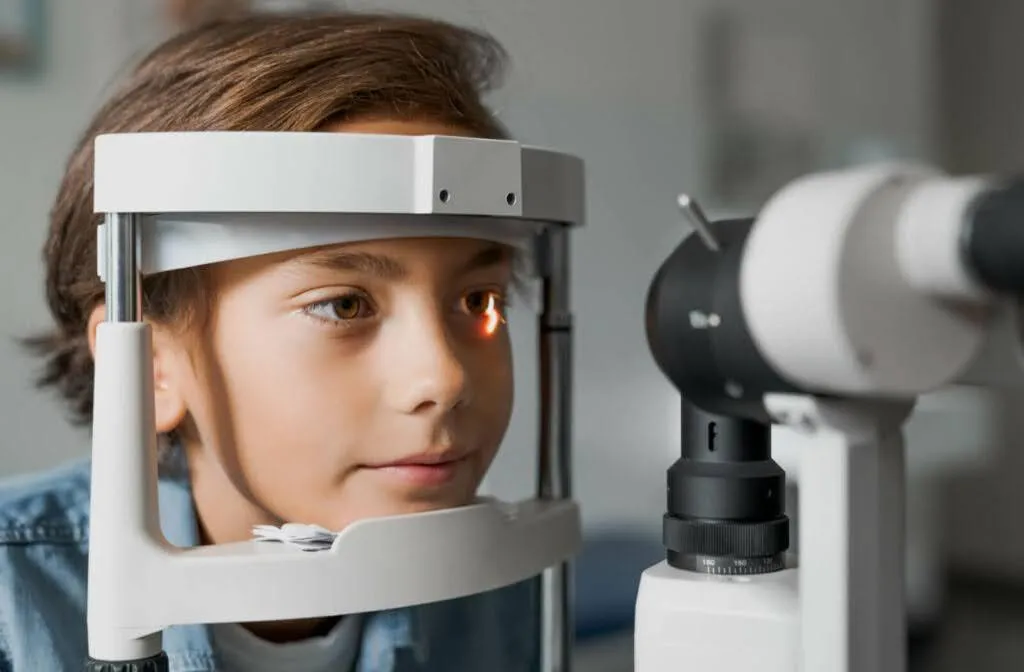
Combining therapies is crucial not just for treating vision today but for protecting eyesight for the future. As children grow, ongoing myopia control supports healthier eyes into adulthood, reducing risks associated with severe nearsightedness such as retinal detachment and glaucoma. This approach safeguards long-term eye health and improves quality of life.
The dual method targets both the optical and biological aspects of myopia, providing a stronger defense than single treatments. By addressing different causes of myopia progression, families benefit from a comprehensive strategy that enhances protection and slows worsening.
Early treatment is vital, as families who begin interventions promptly often see the best results. Timely intervention using combined therapies like Ortho-K and atropine offers children the best chance for effective myopia control. This careful care ensures lasting eye health, clearer vision, and peace of mind for both children and parents.
Moving Toward a Brighter Future
Myopia progression is a growing concern for many families, especially as more children are diagnosed at younger ages. Left unmanaged, worsening myopia can raise the risk of serious eye conditions such as retinal detachment, glaucoma, and macular degeneration. Fortunately, innovative myopia treatment options offer real hope. Ortho-K and atropine are two of the most effective tools. When combined, they create a powerful approach—Ortho-K reshapes the cornea overnight for clear daytime vision, while atropine slows the eye’s growth, the root cause of myopia.
At Kleinwood Vision, we’re dedicated to guiding families through every step of the myopia treatment process. Our team blends advanced clinical care with personalized attention to deliver the best outcomes. By targeting both the optical and biological aspects of myopia control, we help children achieve clearer vision today while protecting their long-term eye health for the future.

Contact Info
Hours of Operation
Mon - Fri | 9:00 AM - 5:00 PM
Sat - Sun | Closed
Holiday Hours: We are closed for the following holidays: New Years Day, Memorial Day, Independence Day, Labor Day, Thanksgiving Day, Christmas Day
© 2026 Kleinwood Vision. All rights Reserved.
